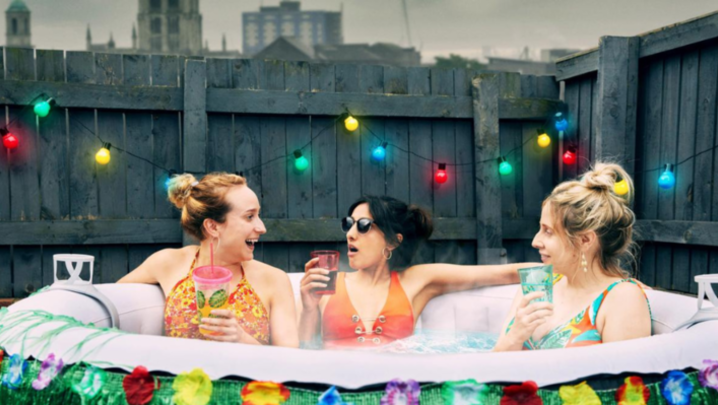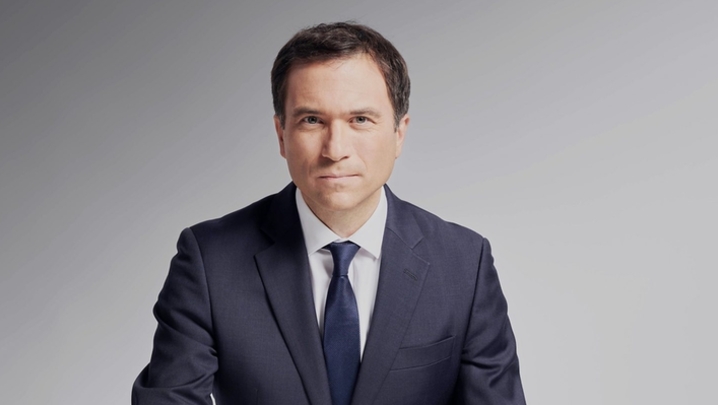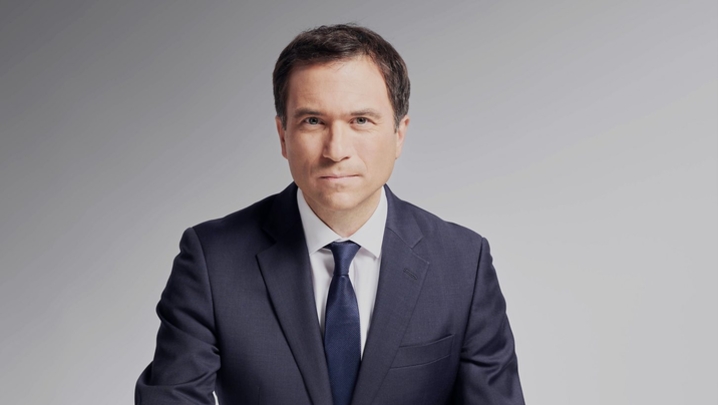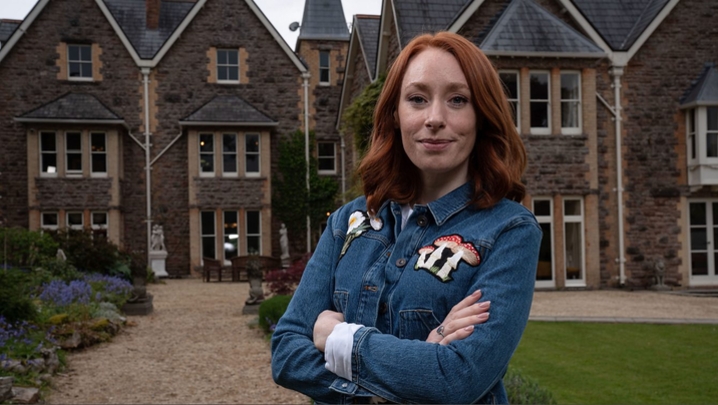"You can say, I believe black lives matter, it’s a statement of fact, but does the BBC sign up to #BlackLivesMatter? The BBC didn’t endorse Black Lives Matter because it’s a campaign. It can endorse the sentiments behind it."
Another week, another huge challenge for BBC News, as it strives to navigate a path between its commitment to impartiality, the clear moral cause behind the movement, and covering the protests in all their complexity.
"Our reporting of the protests at the weekend made it quite clear that the day in London ended in some violence. What weight do you give that? It’s down to editorial judgement on the day," explained Fran Unsworth, in conversation with Stewart Purvis for the RTS.
She called it a complex area for her staff. "The BBC’s not impartial about racism, that what happened [the death of George Floyd] was very bad, but there are areas where it goes into matters of public policy, which we have to treat impartially – what shall we do with statues? What shall we do with the education system?"
Talking of impartiality, she also doubled down on her criticism of Newsnight last month, which she says failed BBC guidelines in its presentation of government advisor Dominic Cummings’ controversial trip to Durham.
On 26th May, Emily Maitlis introduced the programme saying it was clear Cummings had broken the rules, the country could see that, it was shocking the government could not, words Unsworth said the following day "did not meet our standards of due impartiality".
"I didn’t need to wait for some complaints process to take its course," she explained. "There was no question of us being cowed by the government over this. Our guidelines had been crossed in terms of attributing motivation to the public, the prime minister."
In recent months, Unsworth has faced conflicting pressures of running a virtual newsroom, trying to reassure staff over health fears, streamlining the output and all the while covering the defining story of our generation. One of the biggest mountains is providing a platform for the government’s health messaging, while simultaneously holding it to account. ‘When this first happened, there was a sense of “We’re all in this together,” she says. "The political response became contested, and it’s the job of journalists to ask questions and highlight that, even if the public don’t like it."
How BBC News has responded to the pandemic will clearly have implications for the future running of the department, especially as Unsworth confirmed cuts first announced in January – the loss of 450 jobs to save £80million by 2022 – will still be going ahead.
She said high numbers of staff may prefer to work from home once New Broadcasting House is re-opened. Meanwhile, on screen, audiences have become used to seeing guests contribute via Zoom. "What this has shown is that the audience are more tolerant of things not as high broadcast quality as we thought they were. That’s a lesson we can apply going forward."
Lockdown has also brought audiences, particularly in the 16-35 age bracket, back to the delights of linear television news bulletins. Does this give pause to her focus on digital strategy? Bearing in mind the captive audience over the past few months, Unsworth hesitates to use this as a long-term guide.
"It’s difficult to make a judgement at this stage. It doesn’t make you reverse your strategy, it makes you take stock and consider."
Fran Unsworth, Director of News and Current Affairs at the BBC, was in conversation with Stewart Purvis in an RTS webinar held on June 11. The producers were Sue Robertson and Martin Stott. A full report will be published in the July edition of Television.







